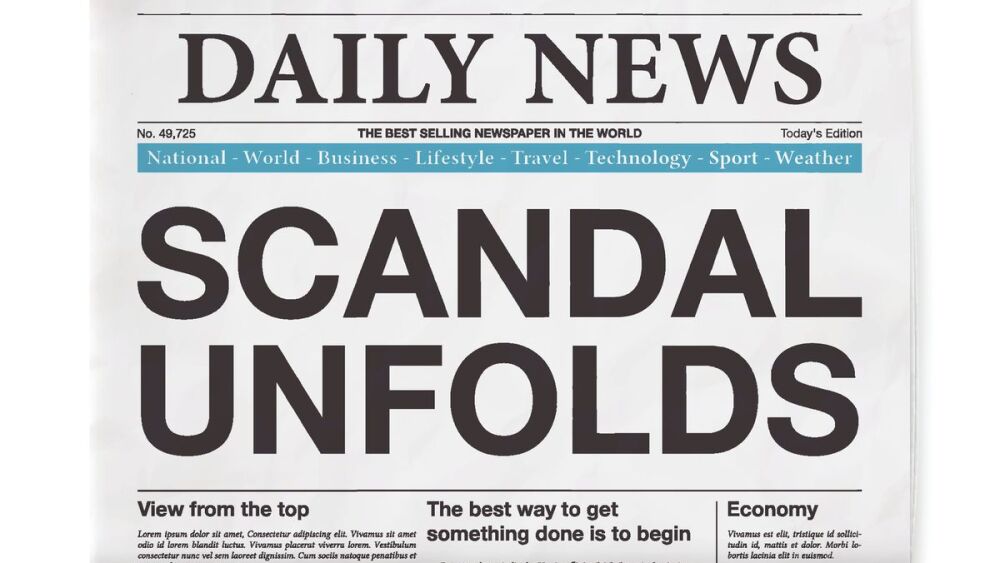If you or your members commit a crime, break the law or commit some other type of indecent act against the community or your subordinates, it’s likely to garner your organization some negative press. However, it is possible to influence your organization’s reputation and keep your agency out of the negative spotlight.
When I was a new clinician, I would hear shift officers talking about the news media getting the story wrong. What did these officers do to address their concerns? Nothing. Instead, they would pick up the newspaper the next day and continue to complain, turn on the evening news and ... complain.
I saw a vital need for public safety to not only work with local media outlets, but also understand how they operate. It was important for me to obtain my undergraduate degree in journalism so I could further advance the image of public safety by working with reporters and their respective agencies to get as much information out to them, as soon as it was available to be released.
Following are 6 things I’ve learned about how to protect your agency’s reputation.
1. Avoid controversy
Common issues that will damage your agency’s reputation and garner negative press include inappropriate discussion, discrimination or abuse related to:
- Politics
- Religion
- Sexuality
- Race
In general, public safety managers should ask themselves, “How will what I say or do be perceived by the public?” If you have any hesitation with how your statement or action will be perceived, it should probably be avoided.
2. Expect criticism
In any public safety setting, managers should expect criticism from peers, subordinates and the public. Employees will have opinions on new policies, procedures, station assignments and promotions. A manager must respond to these concerns professionally and quickly.
3. Be fair
One way to avoid controversy and criticism is to simply be fair with your staff. Create an environment in which staff feel comfortable expressing their concerns without repercussion. When changes are coming, give staff members a timeframe to express their opinions prior to the change.
Allowing this expression is vital for employees to feel included, but it also allows staff members to provide valuable additions to new policies. After all, staff members usually come from varying backgrounds, including age, education, work history and life experience, with different perspectives.
4. Accept blame
As a leader of a team, there will be times when you need to accept the blame. Even with clear directions and being fair, there will still be times when directives or policies are misunderstood or strayed from. In these cases, a good leader will address the issue and assume some of the consequences. Good leaders don’t ignore the issue and will accept that there was a problem and actively work towards making it better.
5. Promote good news
Providing frequent good news to media outlets will build your relationship. Communicating regularly with reporters and news outlets allows both sides to feel comfortable approaching the other with questions or concerns.
6. Understand perception
Putting everything else aside, all public safety entities should hire a public information officer who is responsible for managing the communication between media outlets and public safety agencies. This person would be available to reporters and public safety managers to quickly address concerns. These professionals will also be able to provide recommendations on what information can be released and when.
In the unfortunate event that someone within your organization makes headlines, the PIO, working with senior managers, will be able to research the issue and provide an adequate and professional response to requests.



